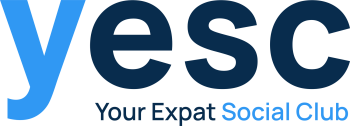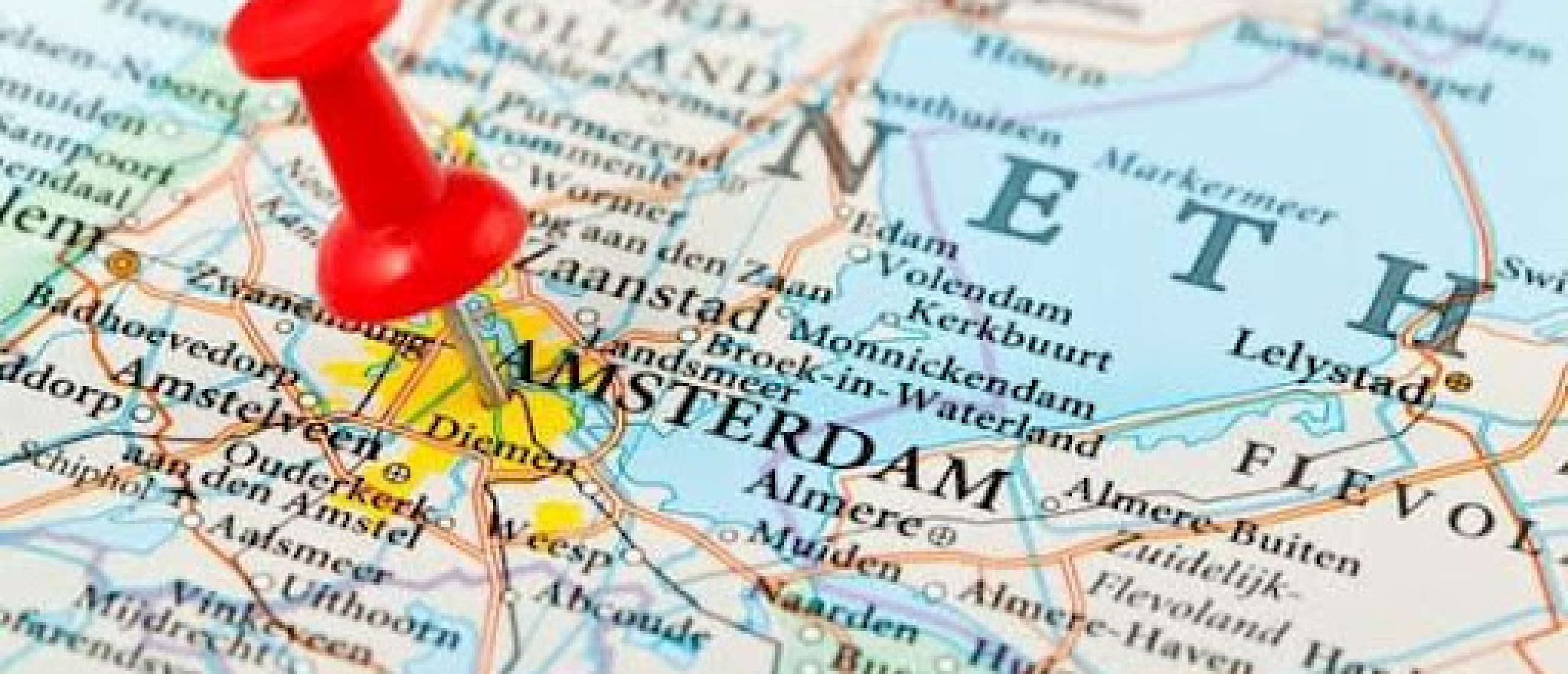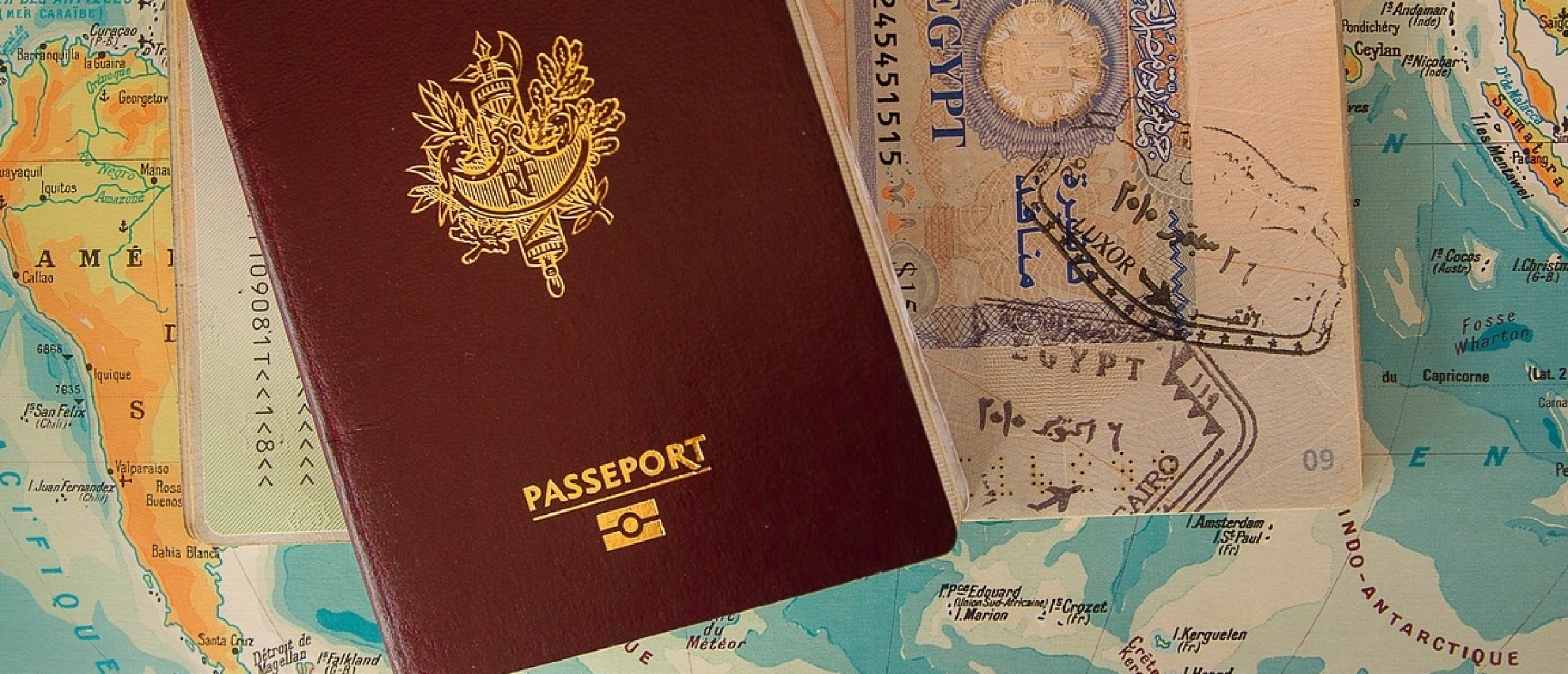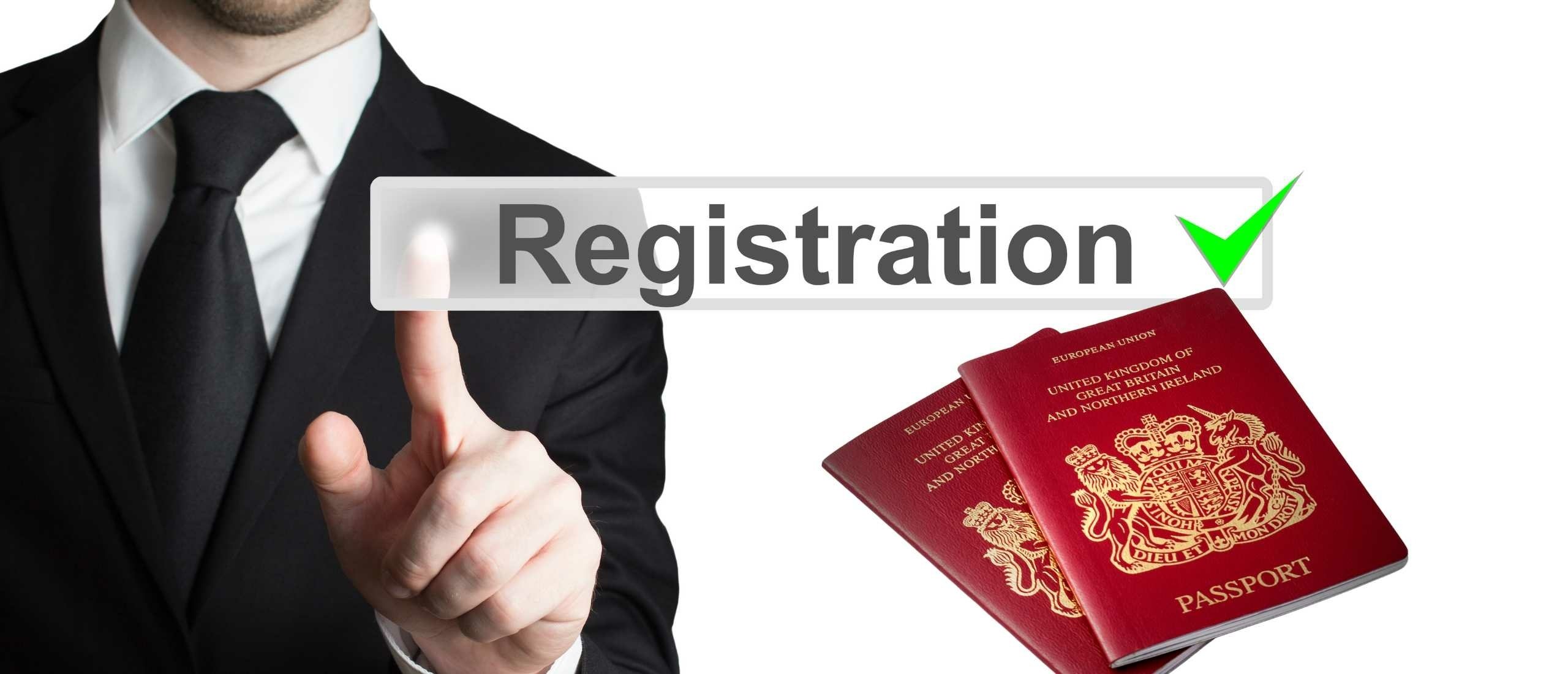
Navigating Finances Abroad: Opening a Bank Account for Expats in the Netherlands
Moving to a new country brings a myriad of tasks, and one of the key steps for any expatriate is establishing a solid financial foundation. In this comprehensive guide, we'll delve into the intricacies of opening a bank account in the Netherlands, shedding light on the process, requirements, and spotlighting the three most renowned banks for expats.
Understanding the Importance of a Dutch Bank Account
EMBRACING THE DUTCH FINANCIAL SYSTEM
Before diving into the details, let's understand why having a Dutch bank account is crucial for expats. From managing day-to-day expenses to navigating the local financial landscape, having a local account simplifies various aspects of expatriate life.
Moving to the Netherlands as an expatriate is an exciting endeavor filled with new experiences and challenges. Among the myriad of tasks on your to-do list, establishing a solid financial foundation is paramount. One of the first steps in this journey is opening a bank account in the Netherlands.
But why is having a Dutch bank account so crucial for expats? It's not just about convenience; it's about integration into the local financial ecosystem. From managing day-to-day expenses to accessing various services like rent payments, salary deposits, and utility bills, having a local bank account simplifies many aspects of expatriate life.
Moreover, integrating into the Dutch financial system can provide expats with a sense of belonging and security. It demonstrates a commitment to your new life in the Netherlands and facilitates smoother interactions with local businesses and authorities.
In this chapter, we'll delve into the intricacies of the Dutch banking system and explore why embracing it is essential for expatriates looking to thrive in their new home.
The Three Pillars of Dutch Banking
HIGHLIGHTING THE TOP THREE BANKS FOR EXPATS
ING Bank
- ING is a household name in Dutch banking, offering a range of services suitable for expats. We'll explore their expat-friendly packages, online banking features, and accessibility.
ABN AMRO
- ABN AMRO is renowned for its diverse banking solutions. Learn about their expat-specific accounts, digital banking tools, and the convenience they bring to expatriates.
Rabobank
- As one of the largest banks in the Netherlands, Rabobank caters to expats with tailored services. Discover their expat-focused accounts, mobile banking options, and the unique benefits they offer.
Essential Requirements for Opening a Dutch Bank Account
NAVIGATING THE ACCOUNT OPENING PROCESS
Opening a bank account in the Netherlands is a streamlined process, but certain requirements must be met. We'll guide you through the necessary documentation, proof of residence, and other key elements to ensure a smooth application.
Opening a bank account in the Netherlands is a straightforward process, but it requires careful attention to detail and adherence to certain requirements. In this chapter, we'll guide you through the essential steps and documents needed to open a Dutch bank account as an expatriate.
Documentary Requirements: To open a bank account in the Netherlands, you'll typically need to provide proof of identity, such as a passport or identity card. Additionally, you may be required to present proof of address, such as a rental agreement or utility bill.
Proof of Residence: Demonstrating that you reside in the Netherlands is crucial for opening a bank account. This can usually be done through a rental agreement, property deed, or utility bill in your name.
Other Key Elements: In addition to identity and address verification, you may also need to provide additional documentation depending on the bank's policies. This could include proof of income or employment, especially if you're opening a premium or savings account.
By ensuring you have all the necessary documentation and meeting the bank's requirements, you can streamline the account opening process and start managing your finances in the Netherlands with ease.
Online vs. In-Person Account Opening
CHOOSING THE BEST OPTION FOR YOU
In this section, we'll weigh the pros and cons of online and in-person account opening. Whether you prefer the convenience of digital applications or value face-to-face interactions, we'll help you make an informed decision.
In today's digital age, the choice between online and in-person account opening is a significant consideration for expatriates. Both options have their advantages and drawbacks, and the best choice depends on your preferences and circumstances. In this chapter, we'll explore the pros and cons of each approach to help you make an informed decision.
Online Account Opening: The convenience of online account opening cannot be overstated. With just a few clicks, you can complete the application process from the comfort of your home or office. This option is ideal for expatriates who value efficiency and prefer to avoid long wait times or in-person appointments.
In-Person Account Opening: Despite the rise of online banking, many expatriates still prefer the reassurance of face-to-face interactions when opening a bank account. In-person account opening allows you to ask questions, clarify doubts, and receive personalized assistance from bank staff. This option is particularly beneficial if you're unfamiliar with the Dutch banking system or have specific requirements that need to be addressed.
Ultimately, whether you choose to open your Dutch bank account online or in-person, the most important thing is to select the option that aligns with your preferences and provides you with the support you need to start your expatriate journey on the right foot.
Managing Your Finances Effectively
OPTIMIZING YOUR DUTCH BANKING EXPERIENCE
Congratulations! You've successfully opened a bank account in the Netherlands. Now, it's time to make the most of your Dutch banking experience. In this final chapter, we'll provide you with tips and strategies for managing your finances effectively as an expatriate.
Setting Up Automatic Payments: Take advantage of automatic payment options to streamline your financial management. From rent and utilities to insurance premiums and subscriptions, setting up automatic payments ensures that your bills are paid on time, every time.
Exploring Investment Options: The Netherlands offers a range of investment opportunities for expatriates looking to grow their wealth. Whether you're interested in stocks, bonds, or real estate, take the time to explore your options and consult with financial advisors to develop a sound investment strategy.
Building Credit History: Establishing a positive credit history is essential for accessing future financial products and services. Use your Dutch bank account responsibly, pay your bills on time, and maintain a healthy credit utilization ratio to build a strong credit profile.
By implementing these tips and strategies, you can optimize your Dutch banking experience and navigate the intricacies of the local financial landscape with confidence.
Conclusion: Your Financial Adventure Awaits
As you embark on the journey of opening a bank account in the Netherlands, remember that a solid financial foundation is key to a successful expat experience. Choose the bank that aligns with your needs, follow the outlined steps, and dive into the Dutch financial landscape with confidence. Stay tuned for more expat-focused guides as we continue to navigate the multifaceted aspects of life abroad.









